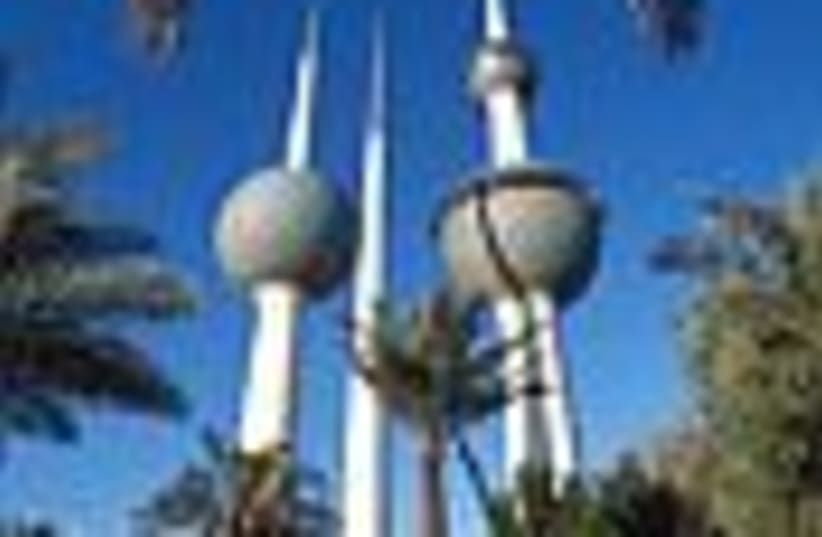| More about: | Israel, Saddam Hussein, Yasser Arafat, Shimon Peres |
In Kuwait, some see window for an opening to Israel
Persian Gulf states allowed opening of Israeli trade offices in the last 10 years.


| More about: | Israel, Saddam Hussein, Yasser Arafat, Shimon Peres |